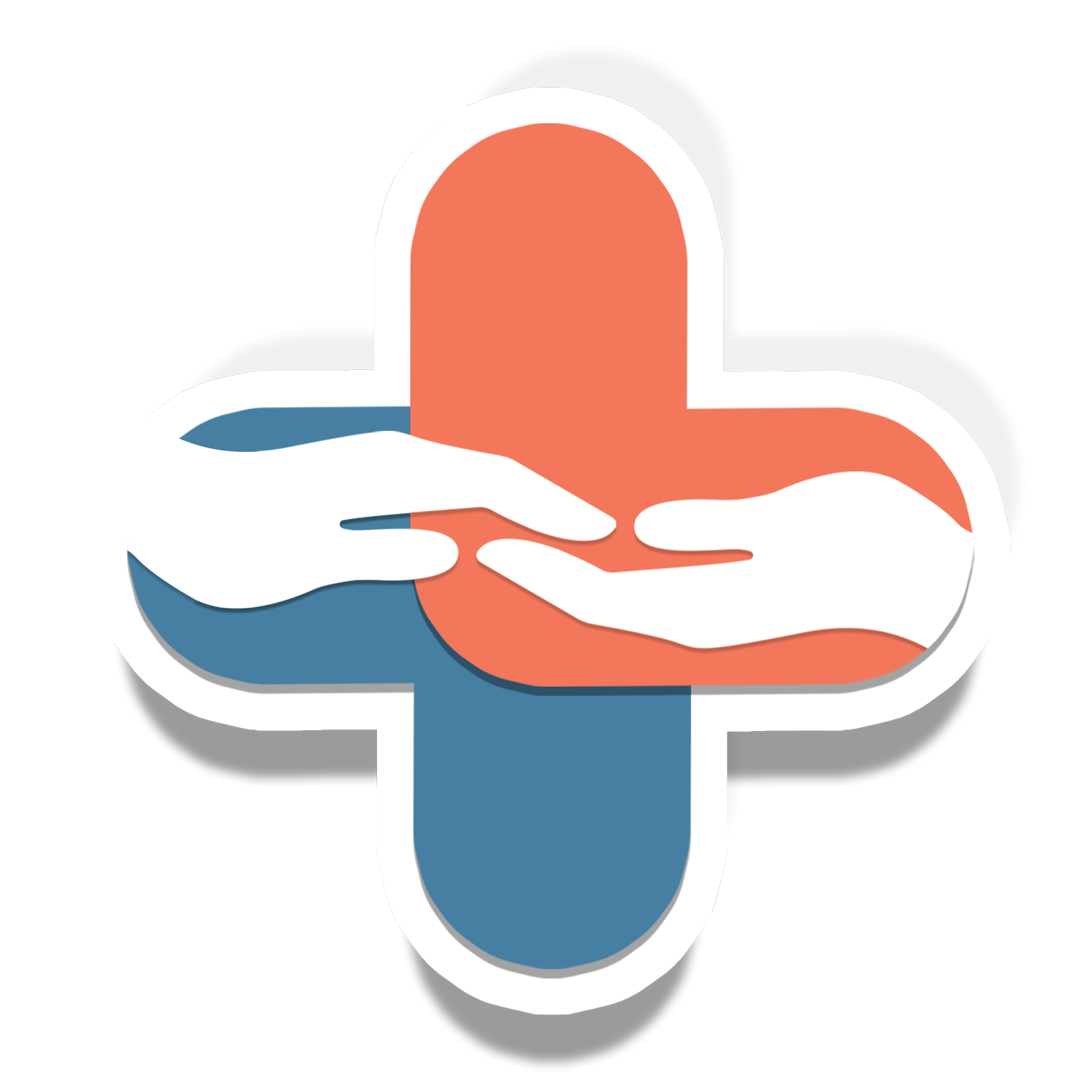Episode 25: Dr. Petros Levounis shares how sociology, medicine, mental health, and addiction intersect
Petros Levounis, MD, MA, DFASAM, talks with our host, Zach, about why he chose to practice addiction medicine, including an impactful experience at the Betty Ford Center (now Hazelden Betty Ford) as a medical student. He shares his thoughts regarding stigma and his extensive writing about addiction. Dr. Levounis speaks about how his fields of study and interest (including sociology, medicine, mental health, and addiction) intersect and the ways treatment can be both unique to the individual and similar. He shares what motivates him to treat addiction every day and where he sees the field moving in the future. Dr. Levounis offers advice for those who may have a loved one with addiction and to the next generation of addiction providers.
Dr. Levounis serves as professor and chair of the Department of Psychiatry and associate dean at Rutgers New Jersey Medical School. He is also the chief of service at University Hospital in Newark, New Jersey, director of the Northern New Jersey Medication Assisted Treatment Center of Excellence, and immediate past president of the American Psychiatric Association (APA). Dr. Levounis came to Rutgers from Columbia University where he served as director of the Addiction Institute of New York from 2002 to 2013.
Dr. Levounis is a Phi Beta Kappa graduate of Stanford University where he studied chemistry and biophysics before receiving his medical education at Stanford University School of Medicine and the Medical College of Pennsylvania. During medical school, he researched the effects of social class on patient-physician relationships in Oxford, England, and received an MA degree in sociology from Stanford. In 1994, he moved to New York City to train in psychiatry at the New York State Psychiatric Institute of Columbia University. He graduated from Columbia earning the National Institute of Mental Health Outstanding Resident Award and went on to complete his fellowship in addiction psychiatry at New York University.
Dr. Levounis has written numerous articles, monographs, and book chapters; has lectured extensively on addiction topics throughout the United States and abroad; and has been interviewed by CBS, ABC, NBC, CNN, FOX, The Martha Stewart Radio Show, The New York Times, and The Washington Post, among others.
Dr. Levounis has served on the boards of the American Society of Addiction Medicine (ASAM) and the American Board of Addiction Medicine, and from 2005 to 2009 chaired the national Committee on Addiction Treatment of the APA. Dr. Levounis is a Betty Ford Scholar, a recipient of the Association of Gay and Lesbian Psychiatrists’ Distinguished Service Award and the ASAM Educator of the Year Award, and a distinguished fellow of the APA and ASAM. In 2017, he was elected as an honorary member of the World Psychiatric Association. He is the 2024 recipient of The John P. McGovern Award on Addiction and Society, from ASAM.
Dr. Levounis has published fourteen books including the self-help paperback Sober Siblings: How to Help Your Alcoholic Brother or Sister—and Not Lose Yourself; the textbook of Substance Dependence and Co-Occurring Psychiatric Disorders; Motivational Interviewing for Clinical Practice; The Behavioral Addictions; Becoming Mindful; LGBTQ Mental Health: The Spectrum of Gender and Sexuality; Office-Based Buprenorphine Treatment of Opioid Use Disorder, now in its second edition; and Technological Addictions. Dr. Levounis is currently working on the first textbook of Nature Therapy, which is going to be available in the fall of 2024. His books have been translated into French, German, Hungarian, Japanese, Korean, Portuguese, and Spanish.
Dr. Levounis is married to actor Lukas Hassel and lives in New York City.
Links:
American Psychiatric Association (APA)
American Society of Addiction Medicine (ASAM)
If you or someone you know is struggling with addiction, you are not alone. Treatment is available and recovery is possible. Visit ASAM’s Patient Resources page for more information.
The information shared in this podcast episode is for educational purposes only and should not be taken as medical advice. The views expressed in this podcast may not be those of the host or ASAM management.

